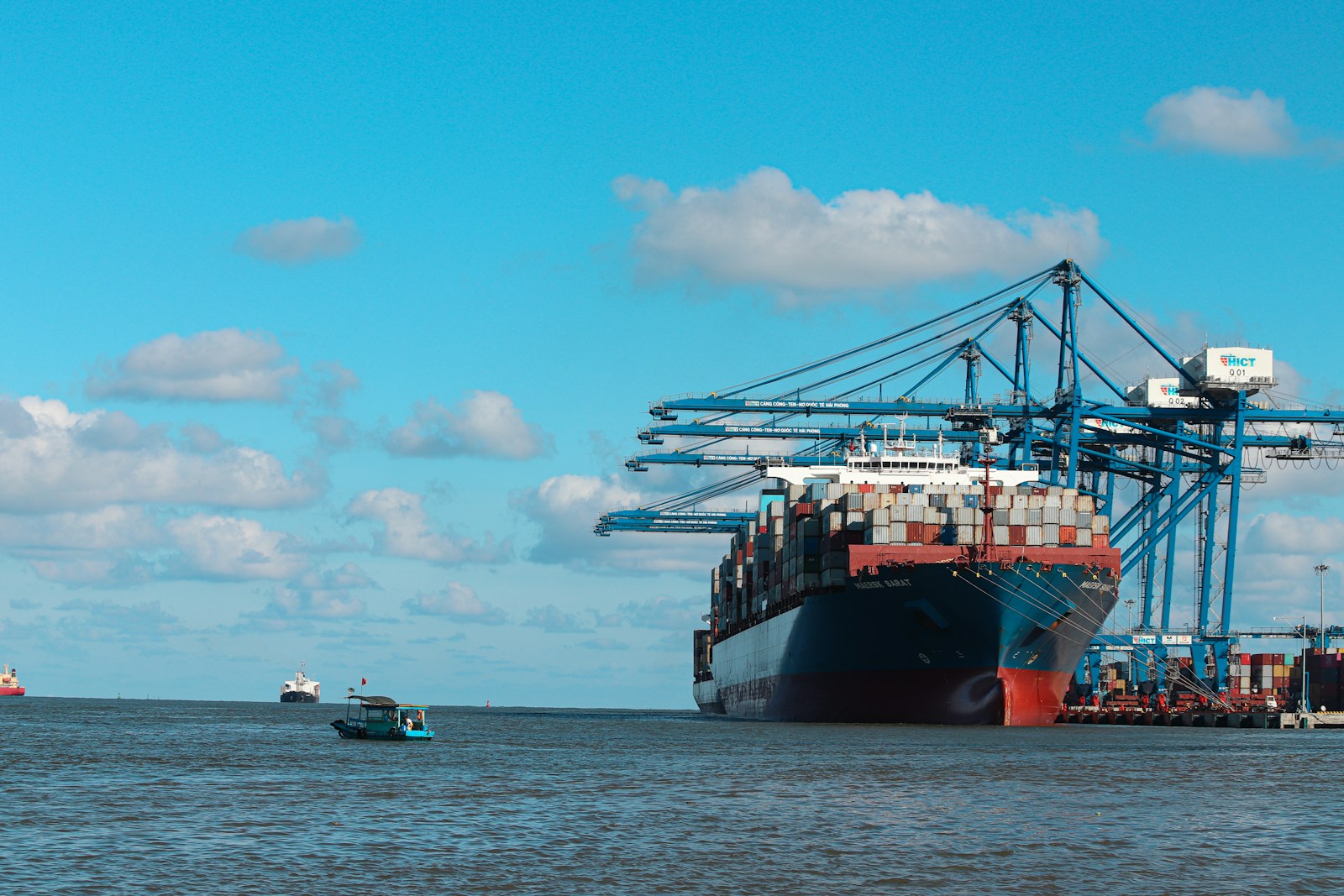Key Takeaways:
– The escalating tensions in the South China Sea could endanger global trade.
– China has been expanding its aggressive behavior towards neighboring countries, leading to a breach of economic exclusion zones.
– Consequences of this territorial dispute might also lead to social and environmental issues, particularly in Peru.
– Unchecked illegal fishing by Chinese vessels depletes fish stocks globally, further aggravating the situation.
Unrest at the World’s Busiest Shipping Waters
The South China Sea, one of the busiest shipping waters globally, acts as an artery for international trade. Given its strategic importance, any unrest in this area poses a significant threat to global commerce. Currently, escalating tensions between China and its Southeast Asian neighbors have rung alarm bells in international markets.
According to experts, China, claiming almost the entirety of the South China Sea, has been ramping up its aggression towards neighboring countries like the Philippines and Vietnam. Recent incidents include Chinese Coast Guard ships violently attacking Vietnamese fishermen, sparking major concerns for global shipping.
China’s Stand on Territorial Claims
Responding to the call for a code of conduct in the South China Sea, China’s Foreign Ministry spokesperson Mao Ning stated that China welcomes dialogue but will not tolerate any encroachments on its territories. However, many analysts argue that China repeatedly breaches the economic exclusion zones of other nations using intimidatory tactics, consequently depleting fish stocks while also persuading the world into considering it a victim.
Oil Reserves and Illegal Fishing: Stakes are High
Earlier this year, China discovered over 100 million tons of oil reserves in the South China Sea, potentially amplifying the territorial dispute. This includes the lucrative fishing grounds of Sabina Shoal in the Spratly Islands, off the Philippines’ coast – an area China is attempting to claim despite it being within the Philippines’ economic exclusion zone.
Moreover, China’s habit of illegal fishing exacerbates the situation further. Whether it’s Vietnam’s or Taiwan’s waters, unauthorized Chinese fishing vessels continue to pressure the local industries by causing a decline in fish stocks. The U.N. Trade and Development reports that at least a third of all global trade passes through the South China Sea’s shipping lanes, meaning this unlawful activity could have significant implications for global trade.
Chinese Investment in Peru: A Sign of Expansion
As part of the Belt and Road Initiative, China has been making profound investments across the globe. For instance, in the past decade, China has reportedly invested about $24 billion in developing mines, power grids, transportation, and hydro-power generation in Peru. It has also invested billions in a deep-sea mega-port in the town of Chancay, icreasing concerns about social and environmental impacts, and potentially restricting locals from accessing fishing grounds and beaches.
Impact of China’s Unchecked Power
China’s unchecked power not only depletes global fish stocks but also causes environmental damage and economic instability for smaller nations. In North Korea, for example, overfishing by Chinese industrial fleets led to a critical decline in squid stocks, forcing North Korean fishermen further out to sea for their catch with disastrous consequences.
China’s similar forays into the waters of Australia, New Zealand, Kenya, and Tanzania demonstrate a consistent pattern. For global shipping to function unabated, there’s a dire need for international intervention to manage this maritime discord in the South China Sea. As tensions continue to mount, the stability of global trade hangs in the balance.

